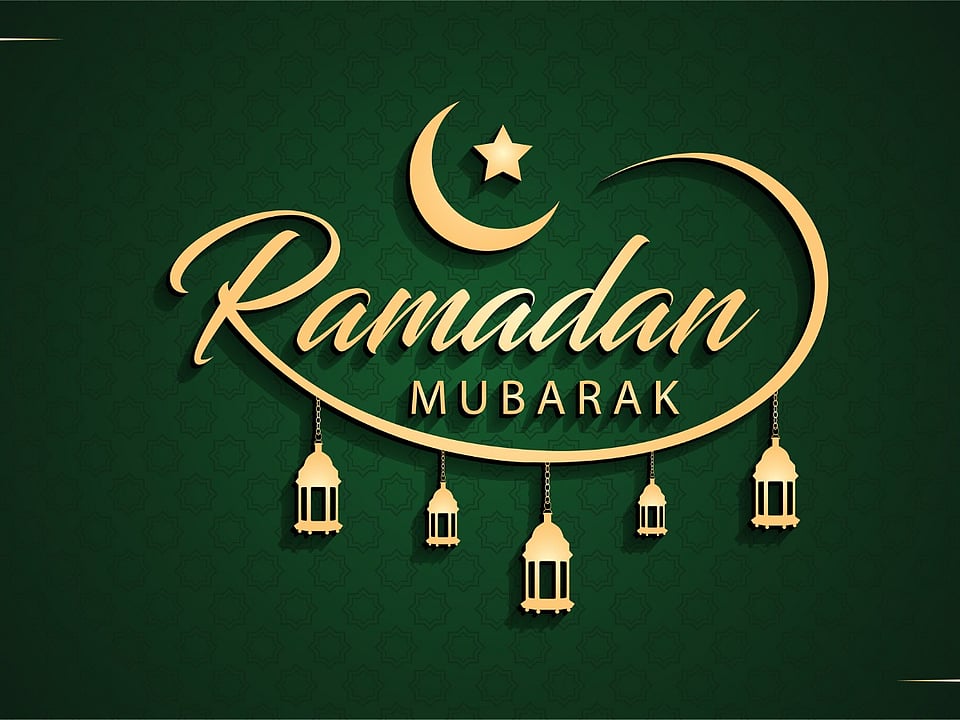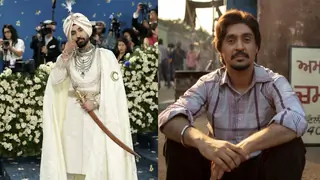
Ramadan is one of the holiest months of the year for Muslims all over the world. During the entire month, all Muslims who have attained puberty fast from pre-dawn to dusk. They refrain from having any kind of food and drink including water throughout the day. They spend extra time reading the Quran and performing special prayers. Pregnant women, children, elderly and sick people can be excused during this month - their missed fasts at a later time in the year if they are able to, otherwise sick and old people are expected to give 'fidyah' (a religious donation) for their missed fasts. This typically involves paying sufficient money to feed one poor person for every fast they are unable to observe. So if they are unable to keep all 30 fasts, they will need to pay an amount equivalent to feeding 30 people.
Ramadan is the 9th month of the Islamic calendar. It traditionally begins and ends based on the sighting of the new moon hence the date changes every year. Muslims fast from sunrise until sunset for a period of 29-30 days.

Muslims believe this time gives them an opportunity for spiritual growth and moral development. They usually avoid gossiping and indulging in all kinds of negative activities. Married men and women will abstain from physical intimacy while fasting. This month also gives Muslims opportunities to socialize, break fast together and meet for prayers at their local mosques. The ultimate goal of this fasting is to gain taqwa or God-consciousness. It is a state of constant awareness of God. Muslims also attempt to read the entire Quran during this month.
Muslims wake up early, eat modest breakfast called suhur. After the meal, they begin their morning prayer and then continue doing their daily routine work. At sunset, the family members break their fast by having dates, water and other food items which is known as iftar. People also invite their friends and relatives for Iftar. After performing the evening prayers, they all have dinner. Many people also visit mosques for night prayers or taraweeh.
During the last 10 days of Ramadan, Muslims devote themselves to even more worship. Many Muslims leave their homes and stay in the mosque, away from all worldly affairs, this is called Itikaf. Muslims search for Laylatul Qadr in these last 10 days of Ramadan, which is considered to be the most powerful and holiest night when the angels come down and answer their prayers. They believe that this is the night when their destiny is written or changed due to their prayers. The rewards/worship earned on this night is equivalent to earning that reward/worship every day for 83 years.
On the last day of Ramadan, the Muslims come out of Itikaf as soon as the new moon is sighted and start preparing for Eid ul Fitr with their famillies and friends.

Here's wishing all our Muslim brothers and sisters of IF Ramadan Mubarak! Please remember us all in your duas.

Credits
x.titli.x | la_reine | Yuvika_15














































